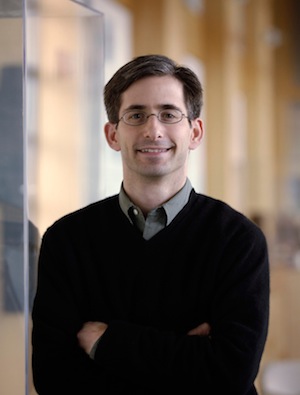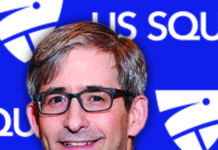By Kevin Klipstein
The U.S. SQUASH National League Final, while technically in its first year, has a history that dates back to 1935 and the Tri City Trophy, a 7-player team competition between New York, Philadelphia and Boston. This competition continued for decades, into the 1990’s. Also introduced was the “Five-Man Team Championships,” started as a city-based team competition for non-qualifying Nationals entrants in the 80’s, 90’s and 2000’s.
The National League Final (NLF) was launched to recapture some of this history by matching up the top teams from sanctioned leagues around the country, drawing many first time national tournament players. Looking towards next year, the competition will move earlier in the season to increase participation (late May was a stretch for many) and to New Haven, CT, providing neutral ground for the powerhouse leagues of New York and Boston (New York won the 1935 Tri City Trophy, but Boston won every division this year!).
The NLF concluded the 2010-2011 season as the most successful in U.S. SQUASH history when measured by participation. More than 4,000 players competed in 20 Championships. Th NLF will likely be the last National Championship added to the calendar for some time, and it caps a seven-year run of annualized 50% growth in the number of U.S. SQUASH events. Up from only 10 in 2004, the number of events U.S. SQUASH has some direct involvement in running has increased to 45.
U.S. SQUASH has increased its foot-print in Regional, National and professional events by 350% in the last seven years.
This growth has been a result of expansion across the board, including more junior competitions such as the Silver and Bronze Championships, the Middle and High School Championships, and the launch of the regional Junior Championship Tour. Also added have been several squash doubles championships including the popular Father-Son and the Century Doubles. Eight Regional Skill Level Championships now lead up to the U.S. Skill Level Nationals. U.S. SQUASH provides the financial infrastructure for four of the five largest WISPA events in the US, four of the largest ISDA tournaments, supports the WDSA’s largest event, and now runs two of the three largest PSA events in the country. The Lapham-Grant Trophy and Can-Am Cup are both backed by U.S. SQUASH.
Digesting this type of growth, and supporting a portfolio of this size, takes hundreds of extremely dedicated volunteers and dozens of professionals at the local level. It also takes teamwork and an extremely hardworking staff. The staff, as small as three in 2007, has grown to eight employees. While each person has their “day job,” or primary responsibilities outside of events, all staff members step up to make these events a success. Bill Buckingham oversees membership services and adds his expertise in hotel and food & beverage management. Conor O’Malley drives everything from the entry process to results reporting, going deep on some of the most challenging issues such as the seedings for 141 high school teams in nine divisions.
Dent Wilkens is the engine behind scheduling dozens of these championships, hundreds of divisions, thousands of matches, and is rumored to be more efficient and accurate than even the fastest computers. Mike Friedman makes the technology all work, period. Sheila Suzara supports the hundreds of patron entries for events which generate hundreds of thousands of dollars in contributions. Dan Heinrich supports the entire process from entry to scheduling to seeding and management. Preston Quick will soon take on the nuances of the many doubles events. Sarah Coffin entertained us all season with her sense of humor and can-do spirit while supporting all National Championships as well as the Squash Professionals Affiliate Program.
It is an overwhelming task to drive so many events with such a small staff. I have never worked with a more dedicated and hardworking group; some literally working 30+ days straight, or nearly two dozen weekends and still reporting into the office early Monday. Not one person complained. I am proud of, and grateful for, what they have accomplished, and consider it an honor to work with such an outstanding team. They have successfully laid a strong foundation for a critical part of the game for years to come and, at the same time, underscored the importance of “team” in squash.



